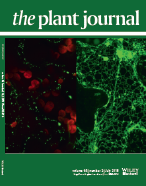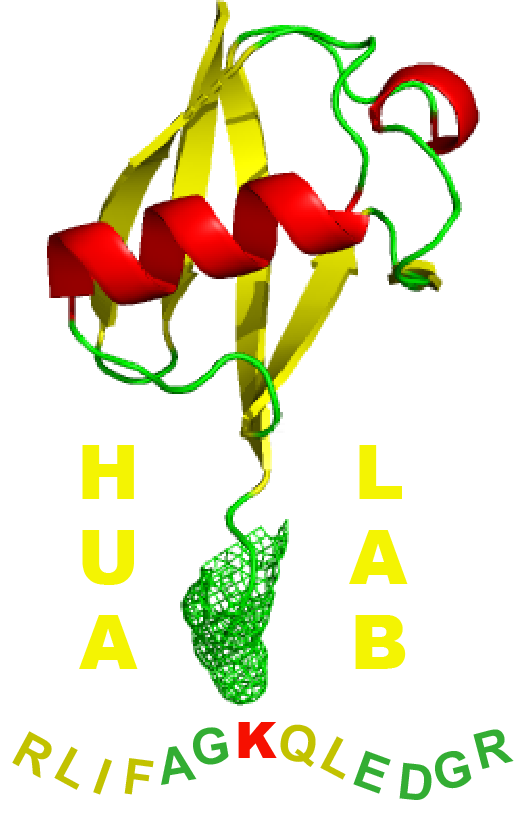- News & information
- About
- History
- George V. Voinovich
- George V. Voinovich Collection
- Calendar
- How to Find Us
- News
- Archives
- Photojournalism Fellowship Project
- Photo Essays
- Current Fellow
- Previous Fellows
- Reports and Publications
- Archives
- Students
- Prospective
- Center for Entrepreneurship
- Environmental Studies
- HTC/Voinovich School Scholars
- Master of Public Administration
- Current
- HTC/Voinovich School Scholars
- Center for Entrepreneurship
- Environmental Studies
- Master of Public Administration
- Alumni
- Contact
- School Leadership
- Strategic Partners Alliance
- Ohio University Public Affairs Advisory Committee
- Ohio University Public Affairs Advisory Committee
- Faculty and Fellows
- Faculty
- Visiting Professors
- Voinovich Fellows
- Professional Staff
Generation of a fertile ask1 mutant uncovers a comprehensive set of SCF-mediated intracellular functions

Yapa, M.M.(g), Yu, P.(g), Liao, F.(v), Moore, A.G.(u) and Hua, Z.*
Abstract
Many eukaryotic intracellular processes employ protein ubiquitylation by ubiquitin E3 ligases for functional regulation or protein quality control. In plants, the multi-subunit Skp1-Cullin1-F-box (SCF) complexes compose the largest group of E3 ligases whose specificity is determined by a diverse array of F-box proteins. Although both sequence divergence and polymorphism of F-box genes well support a broad spectrum of SCF functions, experimental evidence is scarce due to few SCF substrates identified. Taking advantage of the bridge role of Skp1 between F-box and Cullin1 in the complex, we systematically analyzed the functional influence of a well-characterized Arabidopsis Skp1-Like1 ( ASK1 ) Ds insertion allele, ask1 , in different Arabidopsis accessions. Through 10 generations of backcrossing with Columbia-0 (Col-0), we partially rescued the fertility of this otherwise sterile ask1 allele in Landsberg erecta , thus providing experimental evidence showing the polymorphic roles of SCF complexes. This ask1 mutant produces twisted rosette leaves, reduced number of petals, fewer viable pollen grains, and larger embryos and seeds compared to Col-0. RNA-Seq-based transcriptome analysis of ask1 uncovered a large spectrum of SCF functions, which is greater than a 10-fold increase of previous studies. We also identified its hyposensitive responses to auxin and abscisic acid treatments and enhanced far-red light/phyA-mediated photomorphogenesis. Such diverse roles are consistent with the reduction of 20-30% of ubiquitylation events in ask1 estimated by immunoblotting analysis in this work. Collectively, we conclude that ASK1 is a predominant Skp1 protein in Arabidopsis and that the fertile ask1 mutant allowed us to uncover a comprehensive set of SCF functions.

Contact Information:
(740) 593–9381 | Building 21, The Ridges
Ohio University Contact Information:
Ohio University | Athens OH 45701 | 740.593.1000 ADA Compliance | © 2018 Ohio University . All rights reserved.



